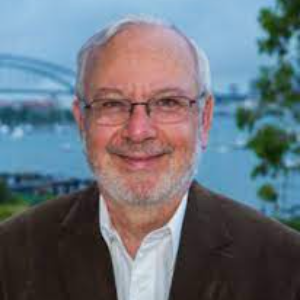Personalized Medicine in Oncology
Precision medicine is a technique for doctors to deliver and plan personalised care for their patients based on their genetics (or the genes in their cancer cells). It's also known as personalized medicine or personalized care. Precision medicine examines how a specific gene change (gene mutation) may affect a person's likelihood of developing a specific cancer, or how their genes (or genes in their cancer cells) may affect treatment if they already have cancer. Precision medicine is being used to determine which tests and treatments are best for certain cancers. Of course, the goal is to develop more precise medicine that reduces side effects while increasing therapeutic impact. However, the last 20 years have been marked by sophisticated scientific conceptual achievements that have been overshadowed by a lack of attention to the fundamental building blocks of implementation and the realities of patient care. Precision oncology will continue to make scientific advancements, but in order to make real changes for patients, worldwide collaboration and a holistic approach to the patient that extends beyond the lab are essential.
- Pathway of precision medicine treatment
- Clinical trials
- Targeted therapy for various cancers
- Gene Mutations and Cancers
- Precision Oncology

Bernd Blobel
University of Regensburg, Germany
Roy Gary Beran
University of New South Wales, Australia
Matthias Schwab
University of Tubingen, Germany
Thomas Webster
Interstellar Therapeutics, United States
Boris Tankhilevich
Magtera, Inc., United States
Isabella Friis Jorgensen
University of Copenhagen, Denmark


Title : The use of anti seizure medication therapeutic blood level determination to personalise the treatment of epileptic seizures especially in patients attending the accident and emergency department
Roy Gary Beran, University of New South Wales, Australia
Title : Personalized and precision medicine (PPM) can be established as a unique healthcare model through biodesign-driven and inspired biotech, translational applications. This approach aims to ensure human healthcare, wellness, and biosafety.
Sergey Suchkov, Institute for Biotech & Global Health of RosBioTech and A.I. Evdokimov MGMSU, Russian Federation
Title : Monitoring folds localization in ultra-thin transition metal dichalcogenides using optical harmonic generation
Ahmed Raza Khan, Australian National University, Australia
Title : A systematic review of regulatory approaches for Direct- To- Consumers (DTC) genetic testing
Kavitha Palaniappan, Duke-NUS Medical School, Singapore
Title : Regulatory framework of in vitro diagnostic and artificial intelligence for precision medicine
Pei Ting Sarah Chou, Regulatory Affairs Professionals Society, Taiwan
Title : Unraveling cancer stem cell signatures in circulating tumor cells of metastatic colorectal cancer: Investigating ALDH1A1 and the repurposing potential of disulfiram via scRNA-seq
Nurul Syakima Ab Mutalib, Universiti Kebangsaan Malaysia, Malaysia